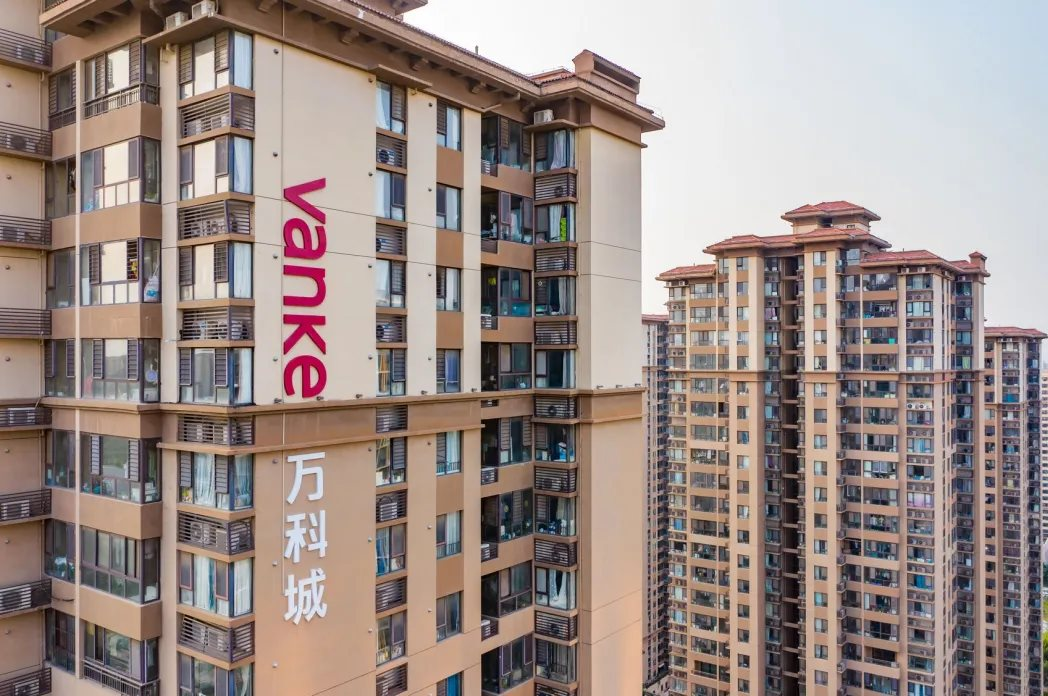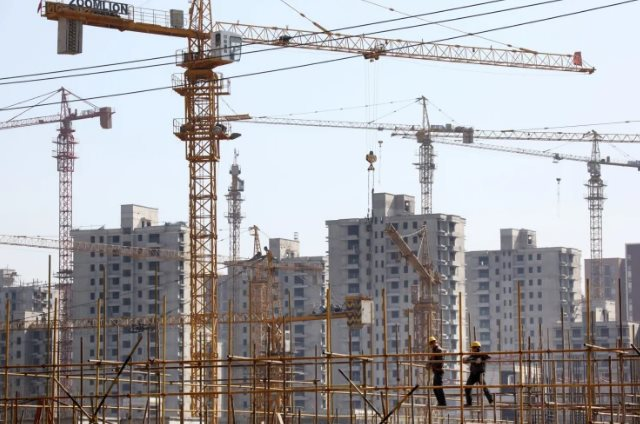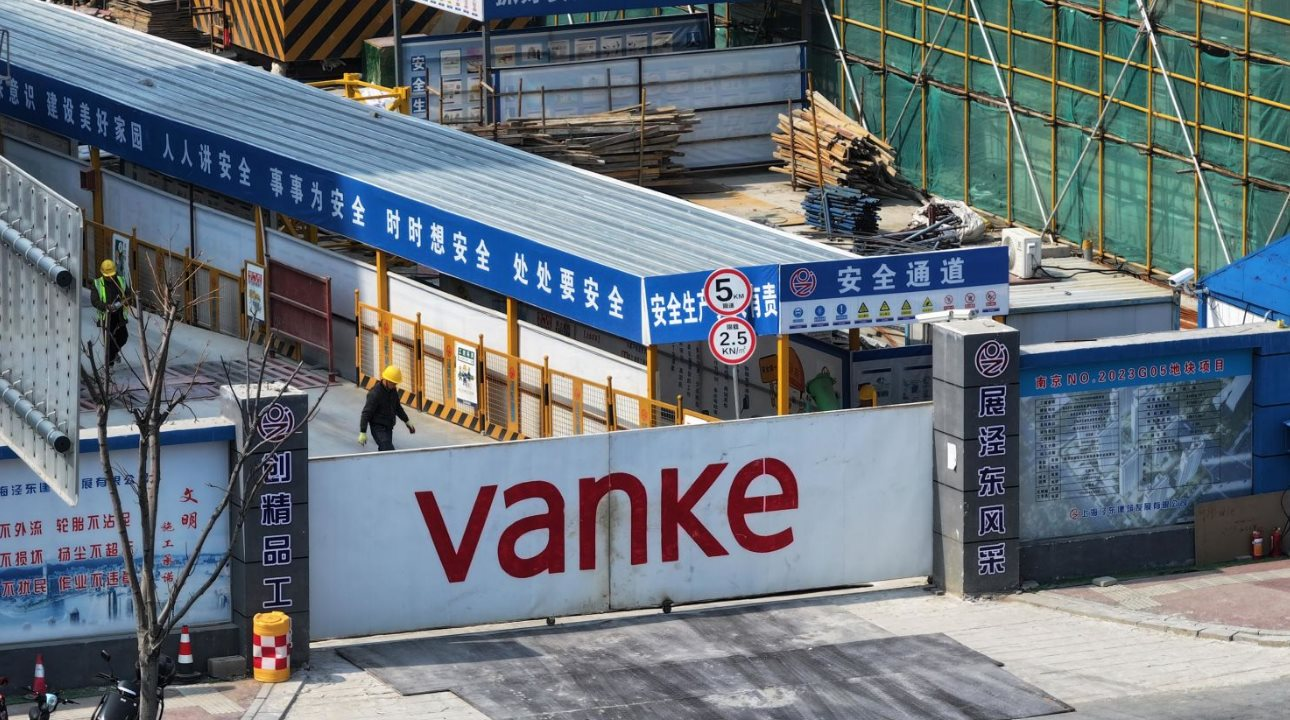The Fate of Evergrande: Will it be Different?

A major Chinese real estate developer is teetering on the brink. However, the fate of this developer may be different.
China has demanded the liquidation of China Evergrande and has taken no special actions as Country Garden also faces a liquidation proposal.
On March 12th, Vanke was downgraded to “junk” status by Moody’s. However, the Chinese real estate developer Vanke is being treated differently. Authorities are calling on state-owned banks to help rescue Vanke.
The South China Morning Post reported that 12 banks, including 6 state-owned banks, are discussing a loan of 80 billion yuan ($17 billion) for Vanke to repay maturing bonds.
According to Moody’s, Vanke has around 34 billion yuan of bonds maturing before June next year. In reality, if the negotiations with the banks are successful, Vanke will swap unsecured short-term debt for secured long-term loans. The banks also have collateral assets to protect Vanke’s loans. This will give the developer more time to resolve the issue.
So why is Vanke different from Evergrande, Country Garden, and other troubled developers that have not received intervention from Beijing?

Earlier this month, at the National People’s Congress, China’s Minister of Housing and Urban-Rural Development, Nghê Hồng, announced that troubled developers would be allowed to go bankrupt or restructure without state intervention.
In fact, Vanke has not defaulted on any debt. The developer had modest profits last year and enough liquidity to meet short-term financial needs. It is clear that Vanke has managed its affairs much better than heavily indebted peers.
Based on the latest calculations, Vanke has around 1.75 trillion yuan in assets and 1.3 trillion yuan in debt. Although its market capitalization has significantly declined from about $13.3 billion to around $2.7 billion, investors believe the company still holds value.
However, the more valuable asset Vanke possesses is the presence of local government. The government of Shenzhen, a majority shareholder, owns 27% of Vanke’s shares. Vanke has built a long-standing and successful relationship with this dynamic technology hub. Hence, Shenzhen directly participates in recapitalization negotiations for the real estate giant.
The government presence sets Vanke apart from other large real estate developers run by billionaires.
Another factor is the timing at which Vanke faces liquidity challenges. China is taking steps to prevent the ongoing slump in a sector that once contributed about 30% of China’s GDP.
With a large supply of new homes, mostly incomplete projects, Moody’s estimates Vanke’s contracted sales for the first two months of this year decreased by 40% compared to the same period last year.
Last year, Beijing implemented measures to make homeownership easier and more affordable by reducing mortgage rates and necessary down payments. Beijing also provided limited liquidity support to well-managed developers to complete unfinished projects. Local governments were also required to provide possible support to developers in their regions.

After the congress, officials discussed a new model for the housing sector. Beijing plans to buy some bankrupt developers’ properties for low-income families to rent.
However, this may not be a long-term solution. It could even create more problems in the future. Nevertheless, this measure can keep some developers operating in a weakening market while giving the state a greater role in the sector.
The severe downturn in the property market has made households and businesses risk-averse, putting pressure on consumption, investment, and growth.
The prerequisite for restoring consumer confidence is stability in the real estate sector. Over 80% of Chinese people own their homes, and over 20% of urban households own multiple properties, making real estate the primary asset of many households.
If successful negotiations take place, Vanke will have time to reconsider its business model. Like most Chinese developers, Vanke relies on preselling new development projects. The company currently holds over 400 billion yuan ($86 billion) in customer deposits for unfinished projects. It is a model based on consumer trust, which has been shattered by the industry collapse.
It is also a model built on expectations of continued strong growth. But the company cannot operate in an environment of increasing supply, decreasing demand, and a growing housing surplus.
In conclusion, unlike Evergrande, Country Garden, and many others, Vanke has received significant support. Vanke has been given time and the opportunity to restructure and rebuild itself.
Reference: Sydney Morning Herald
